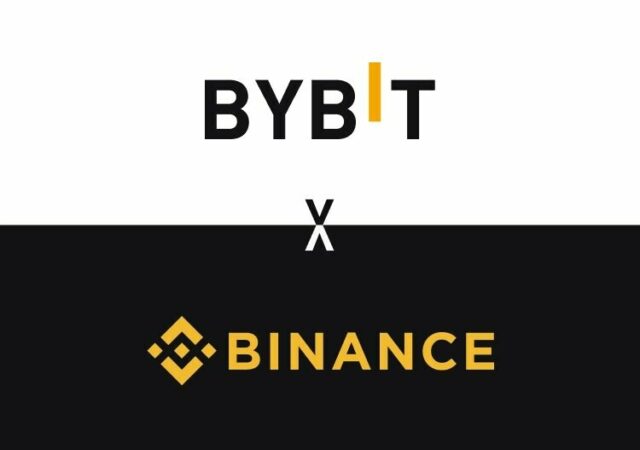Media in India has reported that an Indian cryptocurrency entrepreneur has criticized the Indian government for the India crypto ban. The entrepreneur in question was running a cryptocurrency exchange in India, and he had to shut down his operations.
The criticism from this entrepreneur stresses that the Indian government didn’t appreciate the promise of cryptocurrencies, moreover, the government didn’t consult the Indian entrepreneurs in this space. He has requested the Indian prime minister to reconsider the ban.
Media has cited an open letter from the entrepreneur in question to Mr Narendra Modi, the prime minister of India, and Ms Nirmala Sitharaman, the union finance minister of the country. The entrepreneur has stated his concerns about the lack of regulatory clarity in India over cryptocurrencies.
He believes that the Reserve Bank of India (RBI), i.e., the Indian central bank is unduly concerned about the investors’ interest being at risk from cryptocurrencies since even traditional businesses dupe investors. The representatives from the Indian government that have analyzed cryptocurrencies and have recommended a ban on them are unable to understand cryptocurrencies, according to the letter.
The entrepreneur stated his opinion that investors should be able to invest in any instrument of their choice without having to get government approval. He also believes that the Indian government has undue concerns about people using cryptocurrency exchanges to finance crime or terrorism since exchanges follow KYC norms.
He stated that India might lag behind in this technology space with the proposed complete ban on cryptocurrencies, and crypto entrepreneurs might just leave the country. He has appealed for open and meaningful discussions among stakeholders so that innovation isn’t discouraged.
Is the criticism about India crypto ban justified?
This criticism merits a debate since the Indian government and RBI have demonstrated a consistent opposition to cryptocurrencies, and there’s no sudden about-turn. Crypto entrepreneurs had enough time to heed to these repeated warnings, and the Indian government clamped down on crypto exchanges only after warning them.
Governments trying to uphold the rule of law have a legitimate concern over protecting investor sentiments, and they don’t allow investors to invest in just about any instrument of their choice. For e.g., crypto start-ups that raised money in the US bypassing securities regulations are facing punitive actions from the US Securities and Exchange Commission (SEC). The Indian government can’t turn a blind eye towards the retail investors that might lose money due to crypto scams.
The assertion that crypto exchanges won’t allow financing of crime and terrorism is questionable. They certainly can’t stop buyers of Bitcoin financing crime and terrorism using it, and the Indian people and government will bear the full brunt of such crimes and terrorist attacks. Senior Indian government functionaries had already highlighted the risks associated with cryptocurrencies operating beyond all legitimate controls.
The point that India might lag behind in this space seems to be a simplistic assertion. Blockchain, the technology that underpins cryptocurrencies offer far more than digital currencies. It has many promising use cases other than cryptocurrencies, and the Indian government is actively encouraging blockchain innovation.
India is winning a larger number of blockchain patents, which points to increasing blockchain innovation in the country. State governments in India are also exploring blockchain, e.g., in Maharashtra, the western Indian state, the government is evaluating the technology for improved service delivery.
Is India crypto ban here to stay?
There is no noticeable public opinion in India against the governments’ tough stance on cryptocurrencies. Eradicating corruption and eliminating terrorism remain the key agenda in India, therefore, one needs to see if criticism from crypto exchanges can really make the Indian government change its’ tough stance on crypto.





